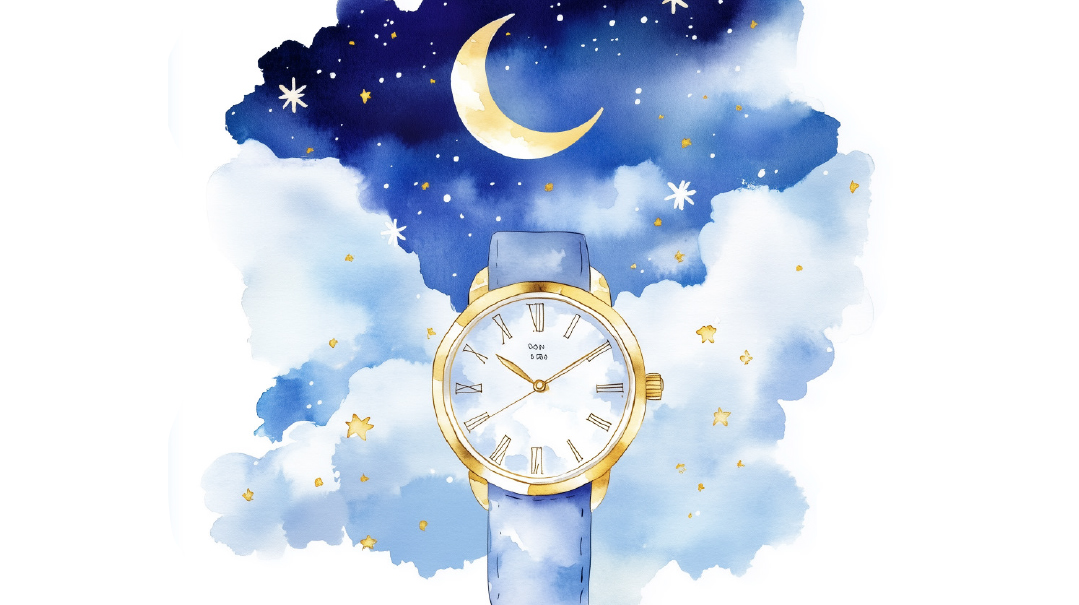Sadness and Gladness

The human soul requires regular contact with the Creator, just as human lungs require air
IT is not often that the subject of prayer is the focal point of international media. Corruption, riots, mass shootings, political intrigue, routine mutilations of each of the Ten Commandments: these are the daily fare that the media loves. But prayer in the headlines? This was startling.
But this is precisely what happened last month when a star player of the Buffalo football team suddenly collapsed — without being touched — and fell flat on his back in the middle of a crucial game. This was not the usual football injury. He suffered cardiac arrest, was treated on the field, and was close to death as he was rushed to the emergency room. All this took place before a packed stadium and millions of media-watching sports fans.
The players from both teams were in shock, and they all fell to their knees in prayer for their fallen comrade. The picture of this prayer was flashed around the world. Even the Wall Street Journal ran an essay about this unexpected prayer phenomenon.
That these athletes, powerful specimens of physicality and certainly not your typical church goers, should spontaneously react to crisis by praying, demonstrates once again the universal human impulse to reach out to a Higher Power. The human soul requires regular contact with the Creator, just as human lungs require air. For deep within us there dwells a G-dly soul that yearns to connect with the Creator, a soul that, in our frantic pursuit of worldly things, is often suppressed and neglected until, in moments of deep distress, we discover that we are vulnerable and powerless. King David in Tehillim 130 expresses it famously: “Mimaamakim kerasicha Hashem — Out of the depths do I call out to you, O G-d.” Sometimes it takes the depths of hopelessness to resuscitate that dormant awareness of our utter loneliness. Lonely man reaching out to the lonely G-d (“lonely,” for He is the Only One) — this is what prayer is all about.
Having said this, and having appreciated the heartwarming reaction on that football field, it is wise to remember that genuine Jewish prayer — tefillah — goes far beyond this. The word “prayer” is derived from a Latin word meaning to “ to ask for, to entreat.” For Jews, tefillah is not merely asking for anything. It is a reaching out to G-d not only in times of stress and emergency, but always — certainly at times of need and sadness, but also at times of joy and gladness. We not only ask for things, but we acknowledge His Presence in all that we do. G-d, after all, is not a supermarket proprietor from whom we obtain a dollar’s worth of this and a pound of that when we need it, and then forget the store until we need something else.
Genuine tefillah involves making contact with our Creator and staying in touch with Him constantly, day in and day out, sunrise to sunset. Such daily connectedness purifies and cleanses our souls, elevates us spiritually, and heightens our sensitivities to Him and to those around us. More crucially, it breaks down the barriers that exist between us and our Creator, as suggested by Rashi at Bereishis 48:22. A steady relationship transmogrifies Him, so to speak, from a distant stranger Whom we hardly know, into a friend and guide in Whom we confide and place our trust and lives. And having a Friend in High Places is devoutly to be wished....
We are always welcome to knock at the doors of heaven even if we are strangers to that door, but tefillah keeps those door hinges well oiled. It enables us not only to get help when we need it, but also to attain something much more valuable: a closeness with the One above. But that kind of special relationship can grow, as with a delicate flower, only as a result of constant care and mindfulness, and not from an occasional spurt of attention. And the wondrous fact is that Hashem actually wishes to be close to us, but is waiting for us to initiate the relationship — as expressed by the prophet Yirmiyahu 30: 21-22, “Viheyisem li l’am… — You will be My people, and I will be your G-d. Note the sequence: first, we need to approach Him, and then He approaches us (cf. Gittin 70a).
To see those three-hundred-pound brutes fall to their knees before their deity was certainly striking and moving. But even more striking and moving is the sight of ordinary, unspectacular Jews reaching out to Him every single day, rain or shine, in biting cold and in blazing heat, at Shacharis, Minchah, Maariv and beyond, because they understand that King David’s cry in Tehillim 31:6, “Beyadcha afkid ruchi — In Thy hand do I place my very soul…” applies not only in times of crisis, but always.
(Originally featured in Mishpacha, Issue 948)
Oops! We could not locate your form.







